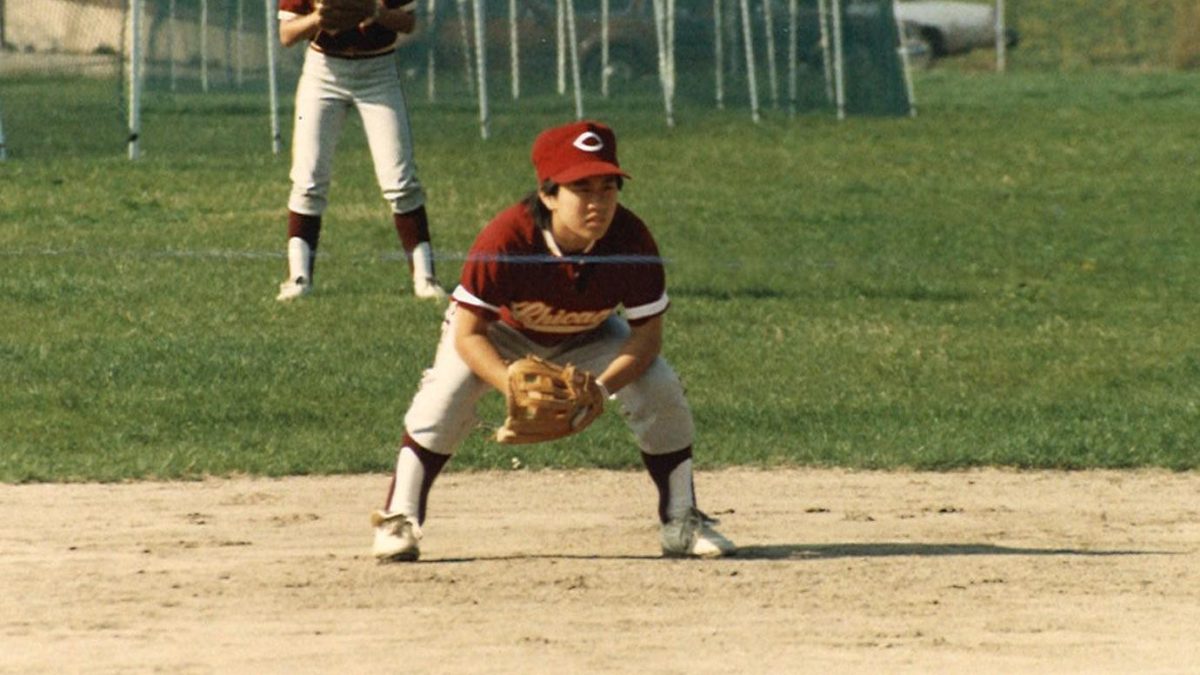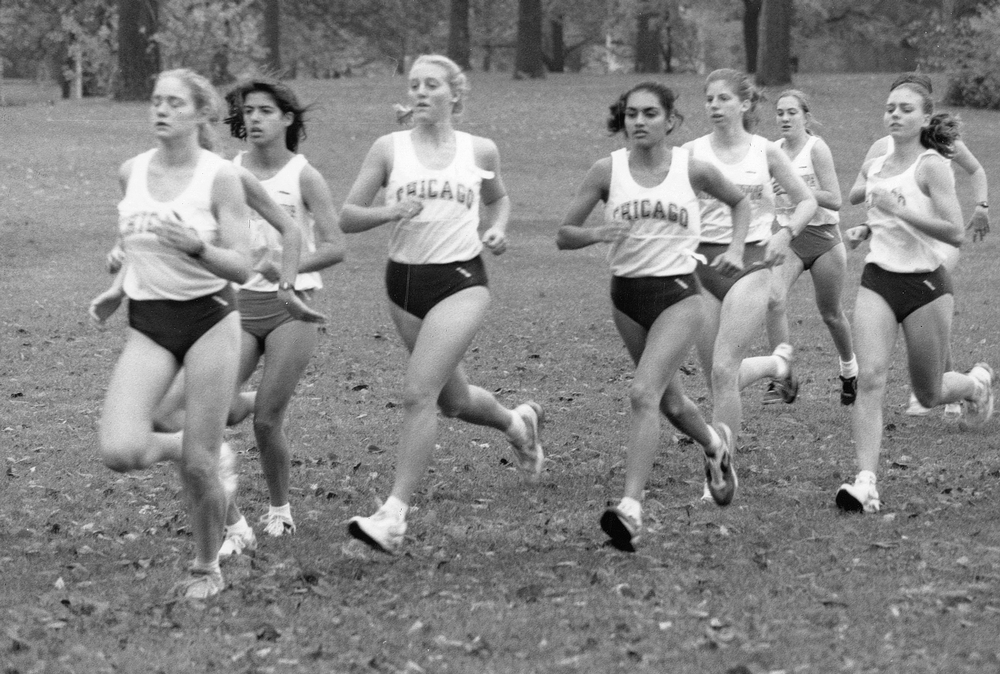Before I do this, let me make two apologies. First, I don’t like the kind of journalism where you sit there looking at statistics for long enough to ruin your appreciation of the actual sport. Second, I try to be impartial for the most part, and not flagrantly root for the Red Sox. In spite of both these problems, however, I have to clear the air, because the air is cloudier than the Asian Brown Cloud.
So here goes: Alex Rodriguez is the best shortstop in baseball. We know this much. Miguel Tejada, Derek Jeter, and Nomar Garciaparra are all also very good. Yet, while Garciaparra is clearly better than his counterparts; no one has been willing to prove this unequivocally, so I have to. Tejada is fairly new on the scene, and no one seems to be confused about his talents, but everyone is confused about Jeter. So what I am trying to say is this: Nomar is better than Derek Jeter.
Garciaparra won the American League Rookie of the Year trophy when he debuted for the Red Sox in 1997, hitting .306 and clubbing 30 home runs. He finished sixth in the AL in batting at .323 in ’98, and won consecutive batting titles at .357 and .372 the following two years. After suffering a season-long wrist injury in 2001 that limited him to 21 games, Garciaparra was somewhat slow to return to form this season, although he has managed to remain among the league’s top five in RBI. Lately he has been the Nomar of old, hitting safely in 11 of 12 games and batting .440 during that stretch. He’s perennially among the league leaders in batting average, doubles, and RBI, and the way he has swung the bat these past few weeks, another .325-25-120 season is a reasonable expectation.
Most of this is well documented. So are Jeter’s career numbers, which show him to be a lifetime .318 hitter capable of driving in 70-80 runs, hitting 10-20 home runs, and stealing 25 bases or so every year. He also had season averages of .349 and .339 in ’99 and 2000, numbers few players can boast. He hit 24 home runs and drove in 102 in ’99 to round out what was clearly his best season. These are very good numbers, to be sure, but, on balance, they are clearly inferior to Nomar’s. This discrepancy has been journalistically erased through a series of pernicious myths:
Myth number one: you can’t compare the numbers. The idea here is that because Jeter hits second in the lineup and Garciaparra hits third, the statistics can be misleading. Jeter’s role on his team is to get on base and score when others drive him in, whereas Nomar is expected to be the man driving in the Trot Nixons of the world. This, the experts might say, would account for the RBI discrepancy. But shouldn’t it also create a new discrepancy, whereby Nomar scores 20-30 fewer runs per year than Jeter does? Yes, it should. And it doesn’t. Per year, Nomar averages 119 runs scored to Jeter’s 124. So the comparison favors Nomar. Plus, this obviously wouldn’t account for Nomar’s better power numbers. Hitting second in the order certainly doesn’t cause Jeter to try not to hit home runs.
Myth number two: Jeter is a better fielder. For whatever reason, a lot has been made of Jeter’s defensive plays. Personally, I suspect it is because he jumps when he throws on plays that Omar Vizquel and Garciaparra can make standing. Not that it should matter when you look at everything together, but for the record Nomar and Jeter are very nearly equal as fielders. In terms of fielding percentage, Nomar checks in at .969 for his career, slightly lower than Jeter’s .974. Over the four years (1997-2000) in which both of these two played full seasons, Nomar had 403 assists per season to Jeter’s 395. So in his career, Jeter has made somewhere between one and four fewer errors than has Nomar, and made something like 30 fewer plays. It’s really a toss-up, but if you want to get really malicious, pitchers net 26 extra outs with Nomar playing behind them.
Myth number three: Jeter is a “winner.” For me, this myth is by far the most enervating. Let me first go right ahead and concede that, in the first six years of his career, Jeter’s Yankees have been to the World Series five times and won it four, and they have made the playoffs every year and should do it again this season. But honestly, that’s stupid. If any journalist cared to scrutinize those misleading numbers with a lens even half as sharp as the one applied to Nomar’s batting titles, this myth would never have existed. Baseball is a team sport. Is there a single person willing to bet his lunch money that the Yankees couldn’t have had this postseason success with Nomar at short in Jeter’s place? Maybe there is. How should I know? If such a person exists, he had better produce some kind of “Jeter hits in the postseason” statistics. Actually, he won’t have to, since I just happen to have them right next to me. In an incredibly lengthy postseason career of 78 games (roughly half a season), Jeter has batted .304 with nine home runs and 25 RBI. Statistically speaking, not only is this far inferior to Nomar’s .383-7-20 line in just 13 games—really an exceptionally good set of numbers when you look at it—but it is quite clearly worse than Jeter’s numbers during the regular season. So forget “Jeter is a winner.” If anyone in this comparison has impressed in the postseason, his name starts with N- and ends with -omar Garciaparra.
As for Tejada, the comparison depends on how you look at it. Both Nomar and Jeter have clearly had better careers, but it looks like Tejada might be about to change that. He’s finally started to hit consistently, and has helped his team cope with the loss of Jason Giambi in admirable fashion. But until Tejada proves he can do it year after year, Garciaparra ought to retain the mantle he should have worn all along: the better shortstop.







